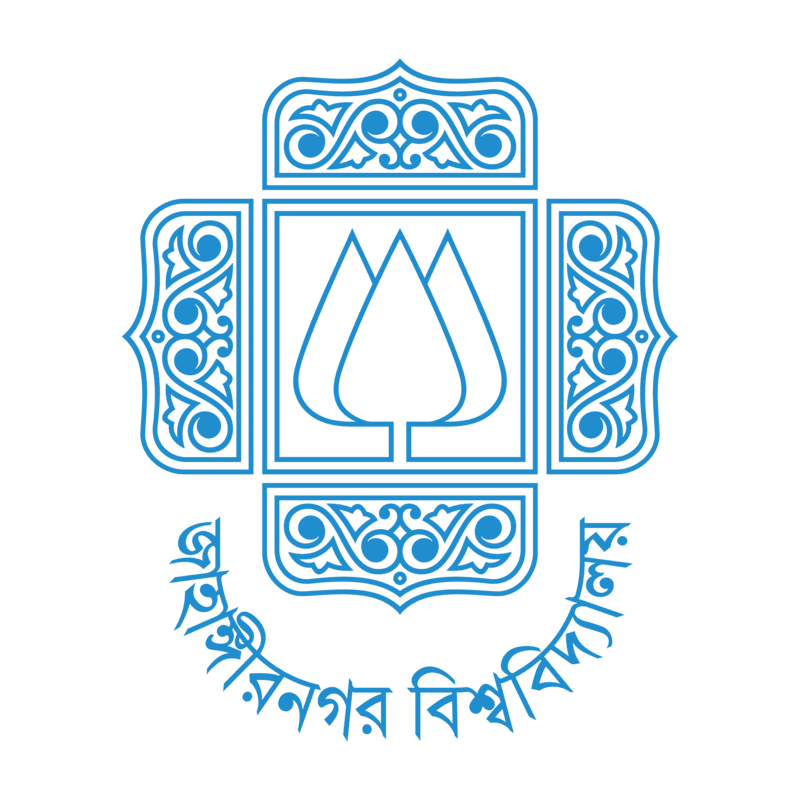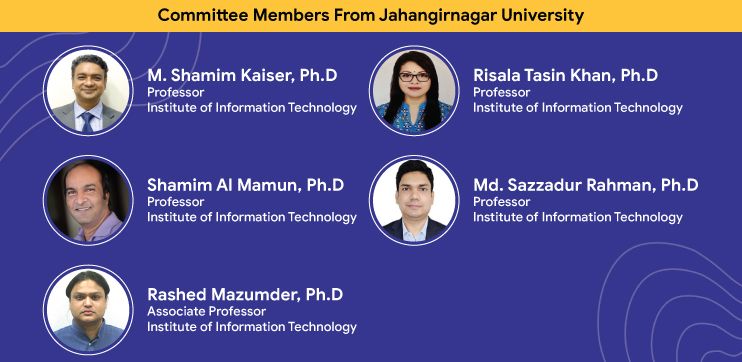JU is a partner of EU funded Project SOHO
December 23, 2023


SOHO – Smart, Optimized, High-quality, and On-demand Tourism Innovative Education for Sustainable and Green Development (2023-2026)
Financial Agreement no: 101129336
Call: ERASMUS-EDU-2023-CBHE-STRAND-2
Smart sustainable tourism is an approach to tourism that utilizes smart technologies, renewable energy sources, and digital technologies to create sustainable, efficient, and personalized experiences for tourists. Smart technologies can be used to optimize various aspects of the tourism industry, such as transportation, accommodation, and visitor management. Renewable energy sources can be used to power these technologies and reduce the environmental impact of tourism. Digital technologies, such as mobile apps and virtual reality, can be used to enhance the visitor experience by providing real-time information and personalized recommendations. Sustainable tourism is a topic of growing importance. While tourism offers many benefits, such as the creation of new jobs, tourism-related CO2 emissions are a concern in face of climate change. The COVID-19 pandemic has changed the way we travel, and both allows and requires change in the tourism sector. The digital and green transitions provide opportunities to transform the tourism sector and make it more sustainable, as well as to adapt to these challenges.
The SOHO project will set-up and development of a network of Knowledge & Competence Centers (KCC) of HE excellence in 3 South-East Asian countries (Vietnam, Malaysia and Bangladesh), contributing to the regional development, innovation, and smart specialization strategies of the regions involved and
fostering transnational and international cooperation strategies between them. Besides the development of KCCs, the project partners will develop courses which will foster Smart Transportation, Sustainable Accommodation and Integration of Renewable Energy Sources, aimed at providing new job
careers for the students and entrepreneurs in the tourism sector. Upon completion of the courses, the students will be awarded micro-credentials and/or digital badges certifying the skills and knowledge they acquired. These may serve as a steppingstone towards further qualifications and greater
professionalization. The development and implementation of the new micro-credential courses will also engage teaching staff within the HE providers, who will take part in the piloting of the courses and will subsequently be involved in the implementation of the courses.
The SOHO project objectives are as follows:
Promoting Teaching and Learning Excellence:
- Adapt teaching practices to address challenges in the tourism sector, enhancing the quality of Higher Education Institutions (HEIs) and contributing to regional development.
- Develop innovative education programs in smart technologies, renewable energy sources, and digital technologies for smart sustainable tourism.
Teacher Training and Curriculum Development:
- Improve the training of teachers to enhance the long-term quality of education.
- Develop relevant and up-to-date curricula focusing on Smart Transportation, Sustainable Accommodation, and Smart Renewable Energy.
Cooperation and Partnerships:
- Promote the exchange of experiences and knowledge among teaching staff at local and transnational levels.
- Establish business-education partnerships to promote Work-Based Learning (WBL) and ensure coherence between education pathways and the business world.
 M. Shamim Kaiser, Ph.D, Risala Tasin Khan, Ph.D, Shamim Al Mamun, Ph.D, Md. Sazzadur Rahman, Ph.D, Rashed Mazumder, Ph.D
M. Shamim Kaiser, Ph.D, Risala Tasin Khan, Ph.D, Shamim Al Mamun, Ph.D, Md. Sazzadur Rahman, Ph.D, Rashed Mazumder, Ph.D
The SOHO project consortium is composed of 9 higher education institutions from Europe and South-East Asia: National University of Science and Technology Politehnica Bucharest (RO) – Coordinator, Universite Lumiere Lyon 2 (FR), Politecnico di Milano (IT), Universiti Sains Malaysia (MY), Universiti Tunku Abdul Rahman (MY), University of Technology and Education – The University of Danang (VN), University of Danang (VN), American International University Bangladesh (BD), and Jahangirnagar University (BD).
Funded by the European Union. Views and opinions expressed are however those of the author(s) only and do not necessarily reflect those of the European Union or the European Education and Culture Executive Agency (EACEA). Neither the European Union nor EACEA can be held responsible for them.